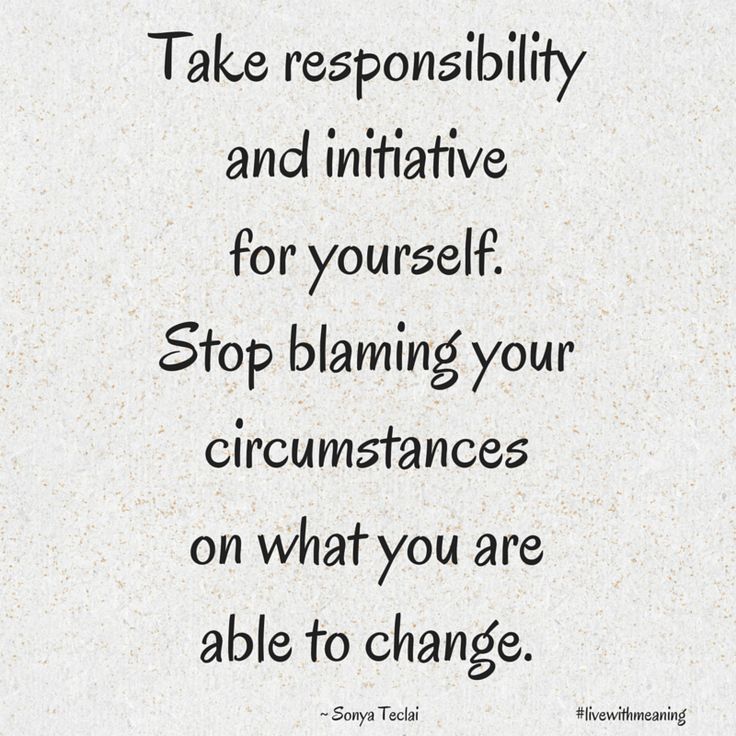Five Proven Ways To Become Successful In Life
Success
means many different things to different people. To some, it means
gaining financial independence and enjoying great wealth. To others, it is
about having a great family and raising good, intelligent, and excellent children.
Yet, to others, success is about schooling to the highest level possible in
their field. No matter how you describe success, there are some guidelines you
have to follow to achieve it.
In
this article, we will talk about five steps that will make you successful
in life. They are things that are within your control. They are simple but very
important principles that can change a failure into a successful person.
Now
let us look at the steps that will make you successful in everything you will
do.
1. Believe in yourself
The first action to take is to believe in yourself, your worth, and your dream. You have to value yourself for who you are a complete human like any other human being. Here, your background does not matter. It doesn’t matter whether you come from a poor family. If you believe that you will succeed, you will. So, begin to think yourself into success.
Like yourself, no, love yourself completely before you can
thrive at anything. A counsellor called Nancy Van Pelt, once wrote that liking
yourself doesn’t mean putting others down, but it means you have accepted
yourself. If you like yourself, “You accept yourself with your faults as well
as strengths, and you feel you deserve the respect of others. You realize that
you goof from time to time, but you feel secure in what you can do. You are
sincere and open. You accept yourself as a worthwhile individual.” (Van Pelt,
2002). Believe in God and seek His will for your life too, that will make your
life less stressful.
2. Dream Big and Set Goals for Yourself
Get a dream you want to achieve. Set a target for yourself
and take control of your life. Don’t float in life without knowing what you
want. Set goals for yourself-short term goals, long-term goals, and a very big
overall goal. If you have a target to achieve, you will always move forward no
matter what life throws at you.
In his book Gifted Hands: The Ben Carson Story, Dr. Carson urges all young people to THINK BIG. He says that “If you can learn to THINK BIG, nothing on earth will keep you from being successful in whatever you choose to do.”
Image source:Also, John Mason, in the book Why Ask Why, explains that “Small
steps are a big idea. If you feel stuck, take small steps to get running again.
Your future comes one hour at a time.” This means that, though we have to set
big goals for ourselves, we may only move forward one step at a time. If you
have seen a toddler trying to walk before, you understand what moving one step
at a time means. Never underestimate your small beginnings, keep fighting the
right and smart way and you will win in the end.
3. Take Responsibility for Your Life
It is very common to blame others for things that happen in our life. It is easy to blame others because that makes us feel good about ourselves, and distance ourselves from our mistakes. When we blame others, we refuse to learn from our mistakes. Yes, people will offend us-people-including family members, friends, teachers, and thieves. And, oh, yes the system can also cause problems for us-bad roads, no electricity, no jobs, and no money. However, no matter the challenge, we have a role to play. We can choose to see life positively or negatively. We can take steps to solve our problems, without waiting for others.
Image source:David Schwartz, in the book The Magic of Thinking Big,
states that “the first step of thinking yourself into success, must be to
vaccinate yourself against excusitis, the disease of the failures.”
(Schwartz, 2011). He continues to explain that, every failure has this
excusitis disease and people suffering from this disease are “quick to explain
why they haven’t, why they don’t, why they can't, and why they aren’t.” people
give various excuses for their failures including their age (they are too young
to do something or too old to do it), health (they are sick so they can't do
something), intelligence (they believe they are not smart enough to do
something) and luck (they think they are not lucky enough but others are lucky).
However, no excuse can explain the failure. Failure comes because of negative
thoughts and attitudes. Do not give excuses but always do your best and learn
from every situation.
4. Take Good Care of Your Health
Taking good care of your health is a simple but arduous task to perform. It is unfortunate how noncommunicable diseases are ravaging the lives of people starting from the twenties. In the olden days, these diseases were not common in Africa. This is because people used to take good care of themselves by eating wholesome local foods, exercising adequately, and living in close connection with nature. These days, cars have reduced the frequency of walking. Many jobs are now sedentary, as compared to jobs that promoted physical activities.
Image source: https://www.shutterstock.com/image-photo/card-inscription-take-care-your-260nw-1885486738.jpgAs young people, we should drink enough water (about 2
litres daily), exercise well, sleep well, eat fruits and vegetables every day,
and keep a positive outlook always. Fruits are common in Ghana and we have to
intentionally take them every day. We should try and minimize our sugar
consumption. We should eliminate alcoholic drinks from our diets. Also, we
should avoid smoking. We should take time off our busy schedules to visit
natural parks and tourist sites.
5. Nurture Healthy Relationships
Humans are social beings and so we need others to succeed. We cannot achieve success all by ourselves. From infancy, we develop many relationships. We have parents, and sometimes siblings, as well as cousins, uncles, and the like. We then expand our social circle when we start schooling and going to church. Schoolmates, church youth groups, and community clubs all expose us to many people and relationships.
During adolescence, we tend to highly value our friendships with
both males and females. Sometimes we clash with our friends, parents, and
teachers. We go to the university, training college, or polytechnic, or we
learn a trade. As we grow, we begin to look for special friends who understand
our journey. We look for potential marriage partners.
It is evident that throughout life, we need other people. We,
therefore, have to understand ourselves, and know who we are, so we can
understand others. We need emotional intelligence and maturity to excel at all
these relationships. Some of the best qualities that can help us to establish
and maintain excellent relationships are tolerance, mutual respect, integrity,
compassion, honesty, and positivity.
If and when we marry, our level of emotional intelligence
will either make our marriage succeed or fail. At our workplaces, we make use
of emotional intelligence to succeed in teamwork and everything we do there. In
the community and our neighbourhood, we can only be peaceful if we understand
others.
In conclusion, if we can believe in ourselves, dream big and
set goals, take responsibility for our actions, take good care of ourselves,
and nurture healthy relationships, we will succeed at everything we want to in
life.





Comments
Post a Comment